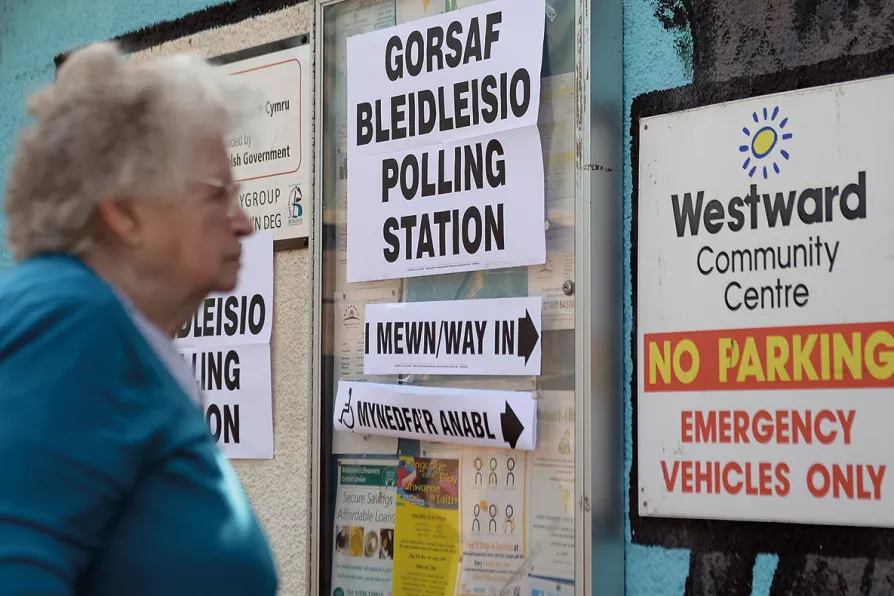CHRISTOPHE DOMEC speaks to CHRIS SMALLS, who helped set up the Amazon Labor Union, on how weak leadership debilitates union activism and dilutes their purpose

 A woman heads to the polls in Bridgend, Wales
A woman heads to the polls in Bridgend, Wales
THE concept of progressive federalism will debated at the forthcoming congress of the Communist Party. So what is progressive federalism and why is it central to our daily struggles across this island?
Communists believe that the concentrated power of capital can only be countered if working people are able to use their own collective power democratically at all levels.
Progressive federalism is about securing the institutions and continuing class mobilisation needed to do this across the nations and regions of Britain.

Our charter’s demands for fair pay, affordable housing and environmental security will recruit working-class youth into the political struggle for socialism, emulating the success of the Women’s Charter, writes YCL general secretary GEORGINA ANDREWS

In the run-up to the Communist Party congress in November ROB GRIFFITHS outlines a few ideas regarding its participation in the elections of May 2026

With turnout plummeting and faith in Parliament collapsing, BERT SCHOUWENBURG explains how radical local government reform — including devolved taxation and removal of party politics from town halls — could restore power to communities currently ignored by profit-obsessed MPs










